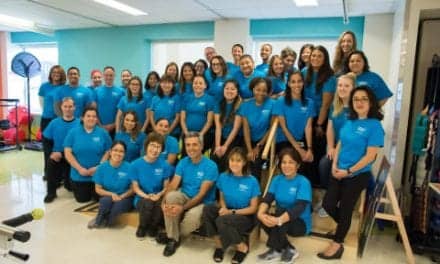A decision support mobile app to help facilitate safety and independent living among TBI patients after returning home from a treatment facility is being developed in collaboration between researchers from Alabama-based Shepherd Center and ChartAssist LLC.
To assist with decision-making, the mobile app will be engineered to help improve the assessment of functional mobility, household activities, sleep, and safety risk.
Such decisions include making differential diagnostic assessments, selecting the most appropriate home- and community-based services and supports, measuring progress, and updating healthcare and supervision needs, according to the researchers, in a media release from Shepherd Center.
The app will also feature the ability to provide multidisciplinary treatment recommendations for TBI patients, as well as to set goals and track outcomes.
“I am thankful to have the opportunity to work with Shepherd Center and Dr Ron Seel, director of brain injury research, to help people with TBI and their families,” says Daniel Joye, president of ChartAssist, in the release. “The need for a decision support app is clear, and our company’s work on multidisciplinary rehabilitation in the mental health community is a great fit for helping people with brain injuries, their families and rehabilitation professionals.”
“I was quickly impressed by the innovative software development work that ChartAssist has done in the mental health community, “ states Ron Seel, PhD, the O. Wayne Rollins Director of Brain Injury Research at Shepherd Center, per the release.
“The software that ChartAssist has developed to facilitate person-centered, multidisciplinary rehabilitation assessment and treatment has broad applicability to helping people with brain injuries, who share many of the same chronic cognitive, behavioral, physical and health conditions experienced by people with mental health disabilities. Leveraging this work to develop secure, user-friendly, evidence-based decision support applications is a natural fit and could greatly improve people’s lives.”
Grants from the National Institute on Disability, Independent Living and Rehabilitation Research, as well as the Shepherd Center Foundation, provided the seed money to develop the app.
[Source: Shepherd Center]





